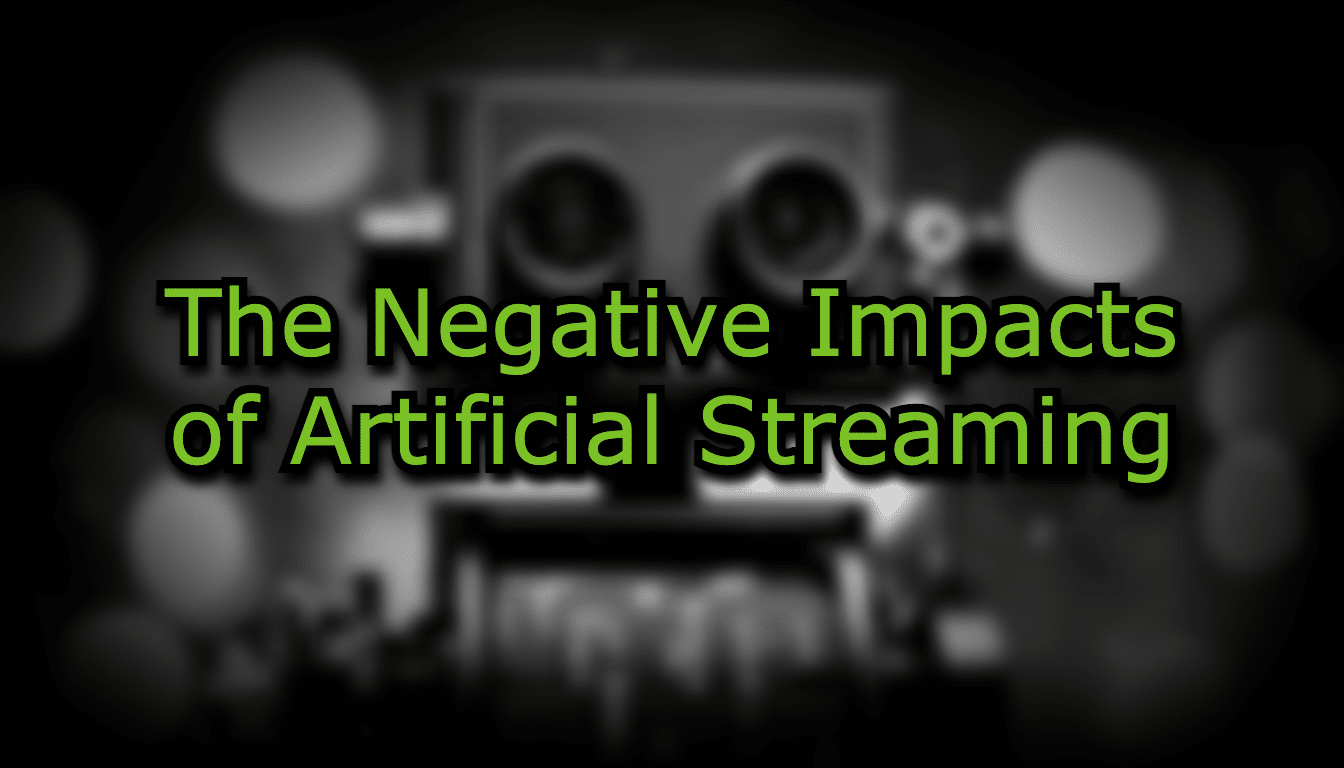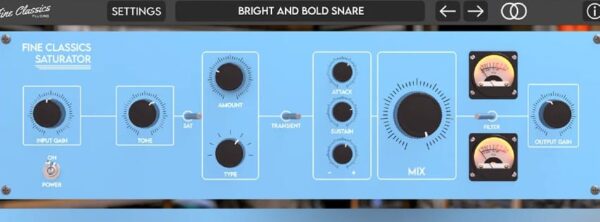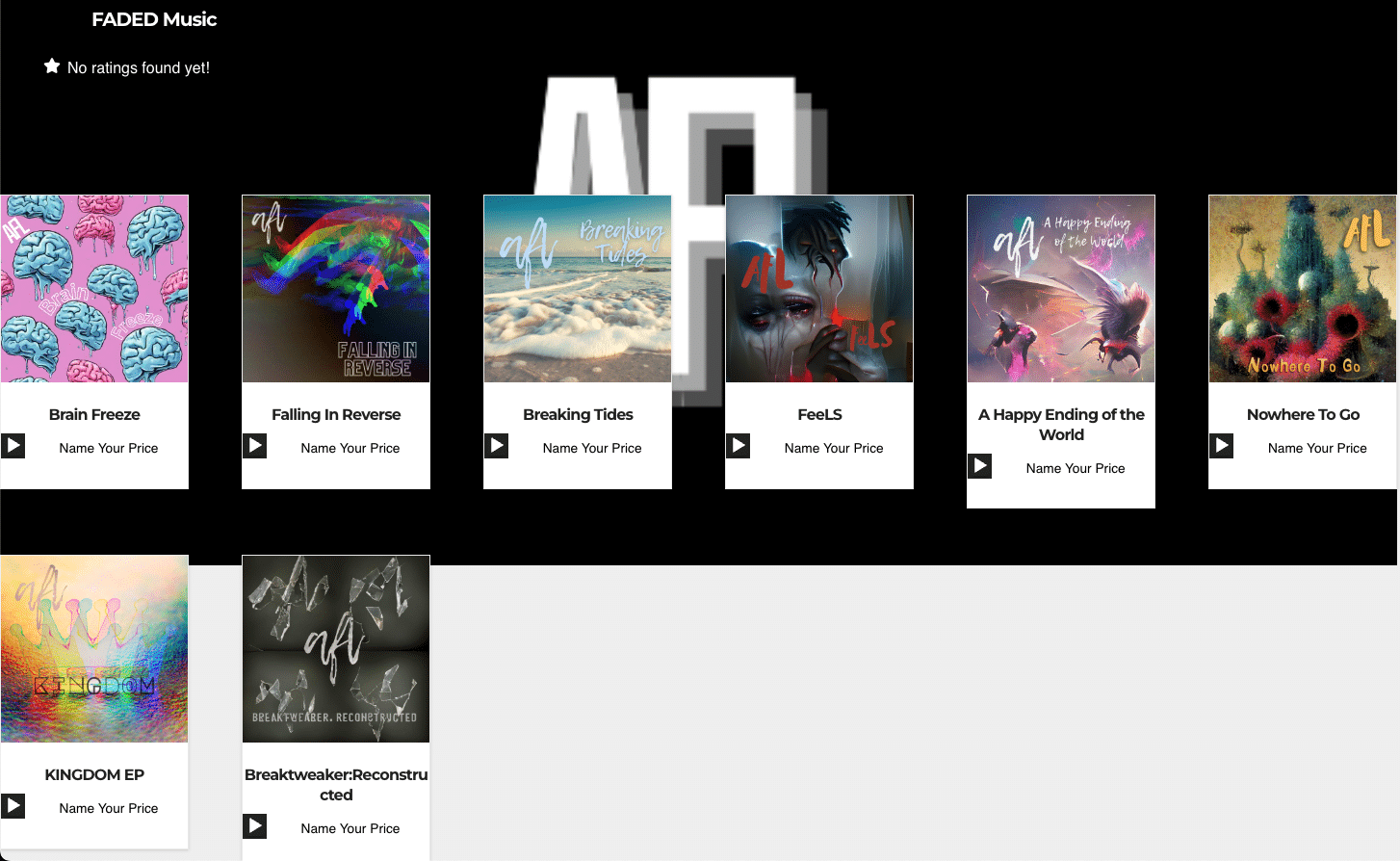What is Artificial Streaming?
Artificial streaming involves generating streams that don’t reflect genuine user interest, often using bots or scripts. Third-party services promising a specific number of streams for a fee typically employ these illegitimate tactics. This violates the terms of platforms like Spotify, potentially leading to music removal and hefty fines.
The Negative Impacts of Artificial Streaming
Revenue Distortion
Streaming platforms calculate royalties based on total streams. Illegitimate streams dilute this pool, reducing payouts for all artists. This unfairly takes money from hardworking artists who build their fanbase authentically.
Chart Manipulation
Charts often rely heavily on streaming numbers. Artificial streaming can undeservedly boost a song’s position, misleading both listeners and industry professionals about a track’s true popularity and quality.
Erosion of Trust
When artificial streaming is uncovered, it damages trust in streaming platforms, record labels, and artists. Listeners become skeptical of streaming numbers, questioning the credibility of the music industry.
Impact on Emerging Artists
Independent and emerging artists, who rely on organic growth, are particularly disadvantaged. Artificial streaming creates an uneven playing field, making it harder for genuine talent to gain visibility and success based on merit.
Platform Integrity
Streaming platforms invest in technology and resources to detect and combat artificial streaming. This not only incurs additional costs but also diverts attention from improving user experience and other innovations.
Devaluation of Music
When streaming numbers are manipulated, the focus shifts from the quality and emotional impact of music to mere numbers. This can diminish overall appreciation for the art, reducing music to just another statistic.
Educating Artists
Artists sometimes boost their streaming numbers without their label’s knowledge. It’s crucial to educate them about the risks and ethical issues associated with artificial streaming. Warn them about these practices to protect their careers and the industry’s integrity.
Label Sustainability
Artificial streaming can lead to music removal and significant financial losses for labels. This jeopardizes the label’s operations and reputation, making it harder to attract and support honest talent in the future.
Long-Term Growth
Artists should focus on channels that offer long-term returns, such as creating high-quality artwork, engaging visual content, and strategic release campaigns. Investing in genuine fan engagement is crucial for sustainable growth and expanding their music’s reach.
How to Avoid Artificial Streaming
Research Promotion Services
Thoroughly investigate any music promotion service before signing up. Look for any signs that they might use illegitimate methods to manipulate streaming platforms.
Communicate Directly
When working with a new promotion or marketing organization, confirm that they don’t engage in streaming manipulation.
Verify References
Request references or case studies from the service provider and contact these references directly to verify their authenticity.
Monitor Analytics
Track your stream performance. Significant spikes outside promotional periods or abnormal geographic distributions can indicate manipulation.
Be Wary of Unrealistic Pricing
Cheap services promising organic growth are often too good to be true. Be cautious of such offers.
Check Customer Support
Legitimate businesses typically provide responsive customer support. Test their willingness to address your concerns.
Review Terms and Conditions
Examine the promotional service’s terms and conditions. Ensure there are no clauses suggesting the use of bots, fake accounts, or other manipulative practices.
Conclusion
While artificial streaming might offer short-term gains, it poses serious risks to artists, labels, and the music industry. By focusing on genuine engagement and ethical practices, artists can build sustainable careers and contribute to a healthier, more trustworthy music ecosystem.




